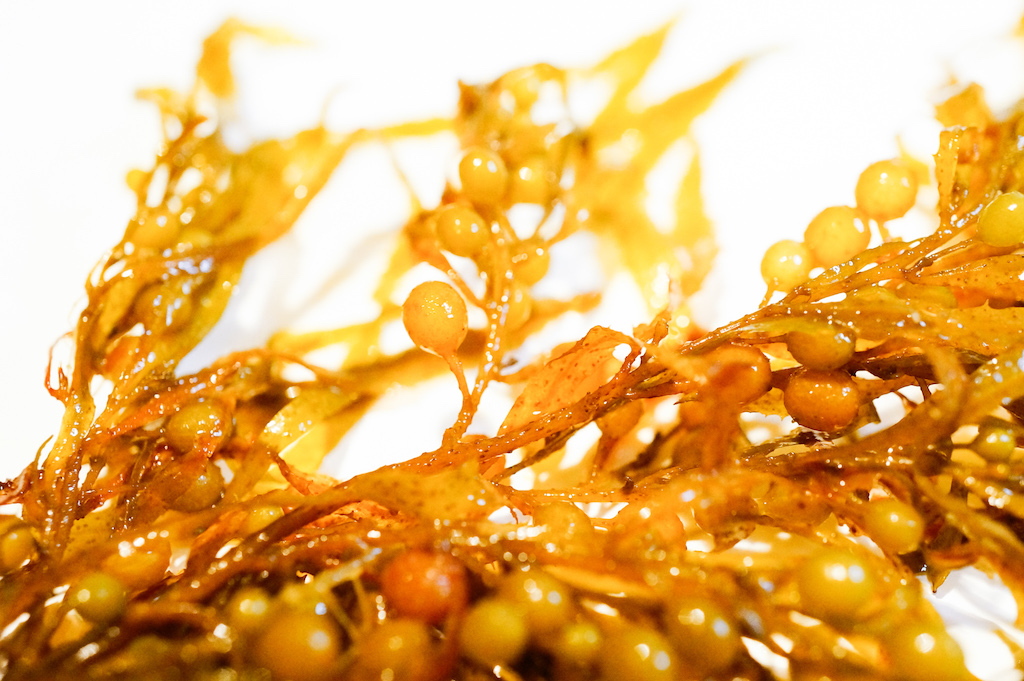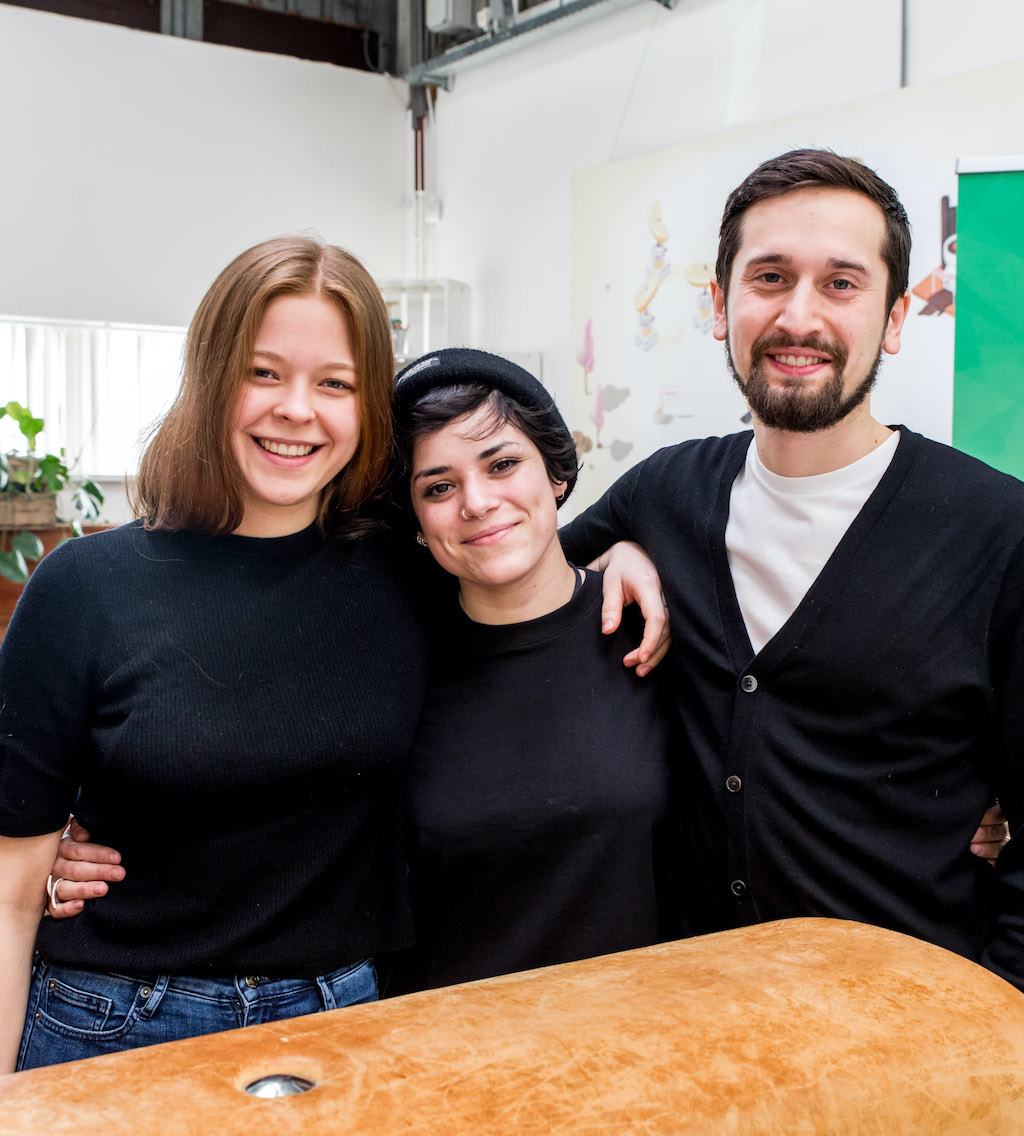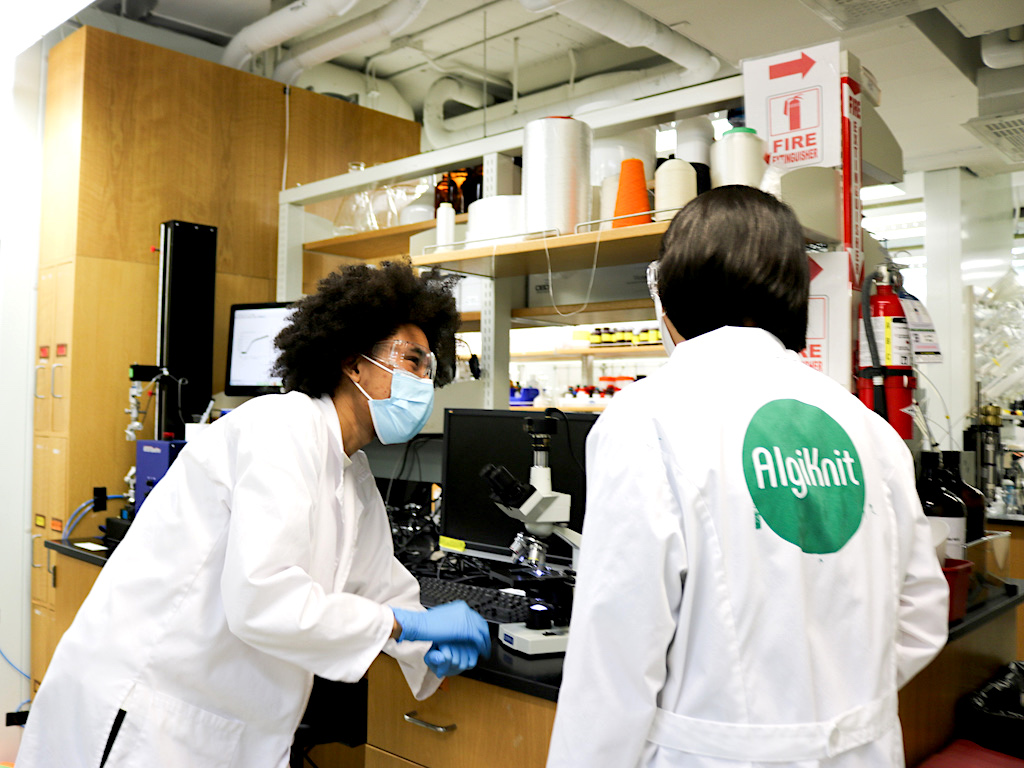4 Mins Read
New York-based biomaterials startup AlgiKnit has raised US$2.4 million in a bridge financing round that saw participation from Hong Kong billionaire Li Ka-shing’s Horizon Ventures among others. The company says the investment brings it another step closer to commercialising its seaweed-derived biodegradable yarns that could disrupt the market for polluting fibres such as petroleum-based polyester and nylon.
AlgiKnit has closed US$2.4 million in a new funding round this month, which saw major names like Horizons Ventures, global sustainable fashion platform Fashion for Good, and renowned venture capital and accelerator SOSV back the firm. The New York-based biomaterials startup says that the fresh proceeds will help accelerate its growth and ultimately bring its products to market.
Since its inception in 2017, the company has developed durable yet biodegradable yarns and fibres derived from kelp, a type of algae that represents one of the most renewable organisms on the planet that absorbs carbon dioxide and works against ocean acidification.
AlgiKnit says that its fibres are able to replace commonly used materials like polyester and nylon, which are produced using petroleum-based plastics, contributing to both the climate and waste crisis. As a whole, the fashion industry – driven by the use of unsustainable and non-biodegradable materials – produces 10% of global greenhouse gas emissions, more than all global aviation and maritime shipping combined.
Read: How these 8 startups are using algae to make sustainable t-shirts, vegan shrimp & more
We see the urgent need for new biomaterials for the fashion industry; consumers, manufacturers, and brands are waiting for real solutions.
Wayne Cheng, Investor, Horizons Ventures

Importantly, the startup says that its renewable materials can be cost-competitive and functional – meaning it can serve as a widely-used replacement for conventional textiles.
“It’s not enough to be sustainable, functionality is paramount. We want to be both the easy and sustainable choice for designers, manufacturers and consumers,” commented chief innovation officer Tessa Callaghan, who co-founded AlgiKnit with Aaron Nesser and Aleksandra Gosiewski when they met at a student biotechnology competition.
In terms of lowering costs, AlgiKnit says that the funds will help it continue scaling up production, until they can offer its sustainable and versatile material alternative at an accessible price point “that would make the fabric ubiquitous” in not just the fashion industry, but also in the packaging and home furnishings sectors.
It’s not enough to be sustainable, functionality is paramount. We want to be both the easy and sustainable choice for designers, manufacturers and consumers.
Tessa Callaghan, Co-Founder & CIO, AlgiKnit
As fashion producers and businesses come under growing pressure from conscious consumers to make eco-friendly switches, solutions like AlgiKnit’s algae-based bio-yarns are projected to be in high demand. Recent estimates suggest the trend will propel the global ethical fashion market to US$8.25 billion by as soon as 2023.

“We see the urgent need for new biomaterials for the fashion industry; consumers, manufacturers, and brands are waiting for real solutions. AlgiKnit’s kelp-derived biodegradable yarn, is a truly promising alternative for a better planet,” remaked Wayne Cheng, investor at Horizons Ventures, the private investment arm of Li Ka-shing that lists many of the leading impact startups, such as precision fermentation dairy firm Perfect Day and plant-based beef maker Impossible Foods, among its portfolio.
While AlgiKnit is still in the process of scaling its operations, and has expanded its team, laboratory and research facilities to accelerate growth, the firm says that a number of fashion producers are already keen to adopt its bio-yarns when it lands on the market.
“AlgiKnit is already in conversation with a major fashion luxury house as well as a number of other well known brands,” the company said in a statement.
Other innovative sustainable materials that have caught the attention of big fashion houses includes Mylo, a vegan mycelium leather developed by Bolt Threads, which has recently debuted in two animal-free garments designed by Stella McCartney. Cactus leather created by Mexican startup Desserto has also been in the headlines and is being incorporated into H&M’s collection.
Lead image courtesy of AlgiKnit.




